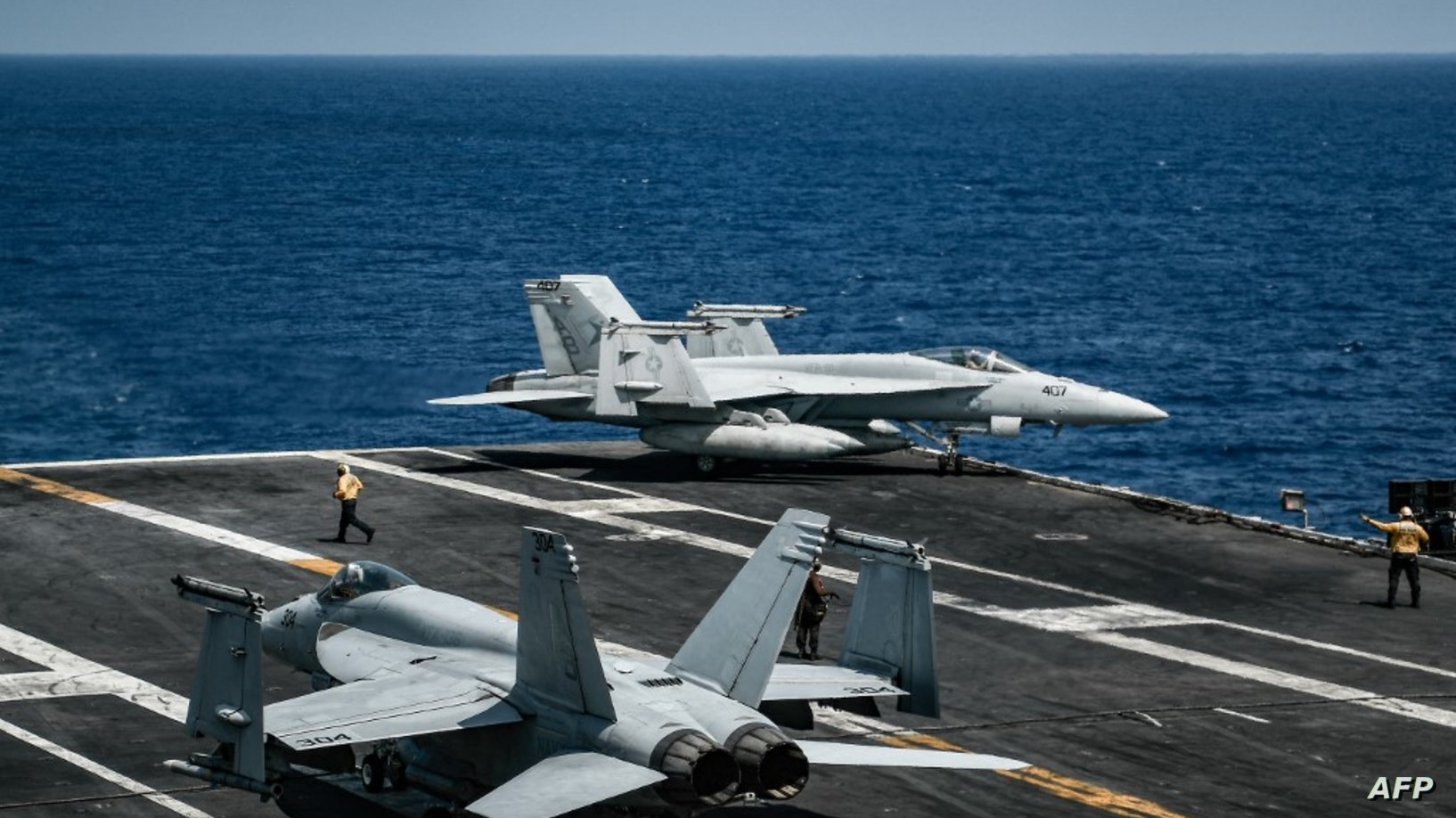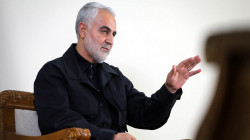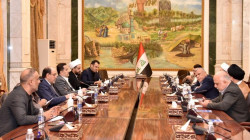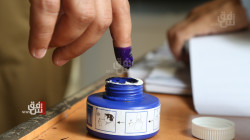Countdown begins: US prepares airstrikes against Iranian-backed militias

Shafaq News / While many await the anticipated American airstrikes promised today in response to the killing of three American soldiers in Jordan amid the ongoing conflict in Gaza between Hamas and Israel, and the potential targets, Al-Hurra has identified in its report the "possible" groups and targets.
Meanwhile, a US official stated that the countdown for the aerial campaign against Iranian-backed militias has begun, with zero hour looming very close, according to Sky News channel.
The groups specifically implicated include the Islamic Resistance in Iraq, a coalition of Iraqi factions closely aligned with Tehran, with fingers pointed directly at Kata'ib Hezbollah, a prominent faction within the Islamic Resistance in Iraq, for the attack.
The Islamic Resistance has claimed responsibility for dozens of drone or missile attacks on American soldiers in Iraq and Syria as part of the Global Coalition against jihadists.
Since the war began, US forces have faced more than 165 attacks, highlighting the escalating regional tensions.
Among the factions explicitly affiliated with the Islamic Resistance in Iraq are al-Nujaba Movement and Kata'ib Sayyid al-Shuhada.
Washington categorizes all these factions, advocating for the withdrawal of US forces from Iraq and expressing solidarity with Palestinians against Israel, as "terrorist" organizations.
These factions also form part of al-Hashed al-Shaabi (Popular Mobilization Forces-PMF), a coalition of military groups integrated into Iraq's official security forces.
The objectives of recent US strikes in Iraq and Syria have targeted locations affiliated with Kata'ib Hezbollah and al-Nujaba Movement.
In Baghdad, a strike hit a logistics support center for the PMF. Another target was Jurf al-Sakhar area, known for its strict security measures and as a hub for armed factions, located about sixty kilometers south of Baghdad.
Additionally, strikes targeted the border area of al-Qa'im, where an official crossing point to Syria is located, specifically targeting areas where Iran-backed factions are active in Syria's Deir ez-Zor province.
Military expert Riyad Qahwaji suggested that the US may aim to strike weapons depots in Iraq, as well as areas where drones are launched, with a focus on pinpointing missile stockpiles.
In Syria, the primary areas where Iraqi factions are present are in the eastern part near the Iraqi border, specifically in Deir ez-Zor in the towns of Mayadin and al-Bukamal, which are potential targets, according to Qahwaji.
Rami Abdulrahman, the director of the Syrian Observatory for Human Rights, identified potential targets as Deir ez-Zor city, the Badia region near Tadmur, where drone launch sites are located, as well as al-Bukamal and Mayadin, which are highly susceptible to targeting. He also suggests Aleppo in northern Syria could be targeted in a later stage.
De-escalation:
Abdulrahman, who has a wide network of sources in Syria, confirmed that "many bases and locations have been evacuated by fighters loyal to Iran" in eastern Deir ez-Zor province. Meanwhile, "a large portion of Iranian Revolutionary Guard Corps (IRGC) officers withdrew to Damascus."
Similarly, in Iraq, an official in an Iran-backed faction stated that they "took measures to confront American threats by relocating some equipment and evacuating some camps to alternative sites."
Another official mentioned that "some field commanders" moved to Iran, while others relocated to "secure locations."
Despite Washington's threats of retaliation, American officials reiterate that they do not seek to escalate to a "broader war" in the Middle East. Tehran has also denied its involvement in the attack that killed the three American soldiers and reiterated that it does not seek escalation.
In late January, Hezbollah Brigades announced the "suspension" of its attacks against US forces and instructed its fighters to adopt "passive defense" in the event of any aggressive American actions against them.
Hezbollah Brigades' statement absolves Iran of responsibility for the attacks, affirming that Tehran opposes pressure and escalation against US forces in Iraq and Syria.
Moreover, on Friday, Al-Nujaba Movement issued a statement pledging to continue attacks against US soldiers, warning that "any (American) targeting will face an appropriate response."
Barbara Leaf, the US Assistant Secretary of State for Near Eastern Affairs, criticized the attacks carried out by Iraqi factions, considering them as "an attack on the sovereignty" of the Iraqi state and a violation of "its control over national security and foreign policies."
She emphasized that this issue is undergoing "intense consultations" with Iraqi officials and urged Iraqi authorities to control these groups, stating, "We would like to see more actions."





